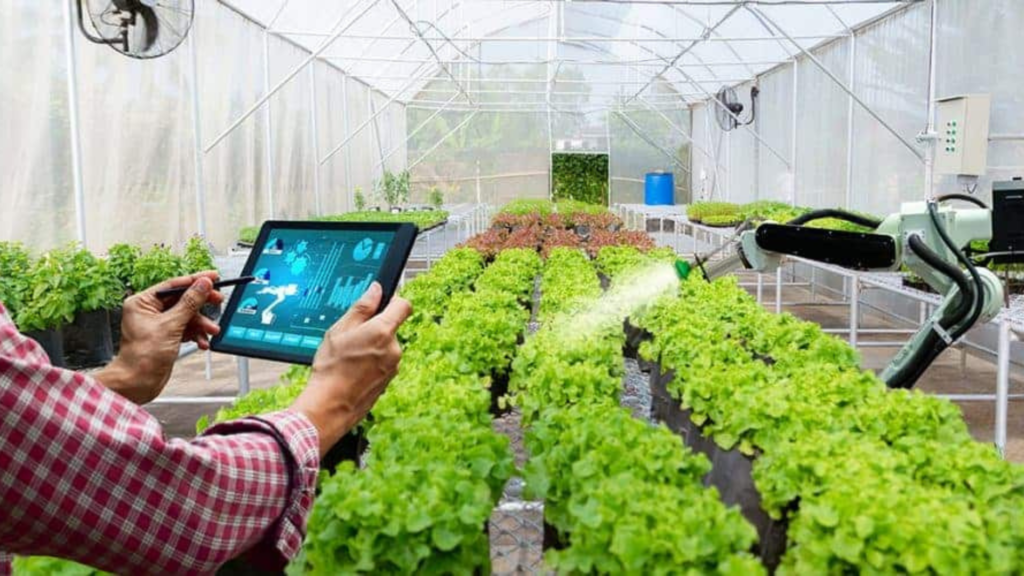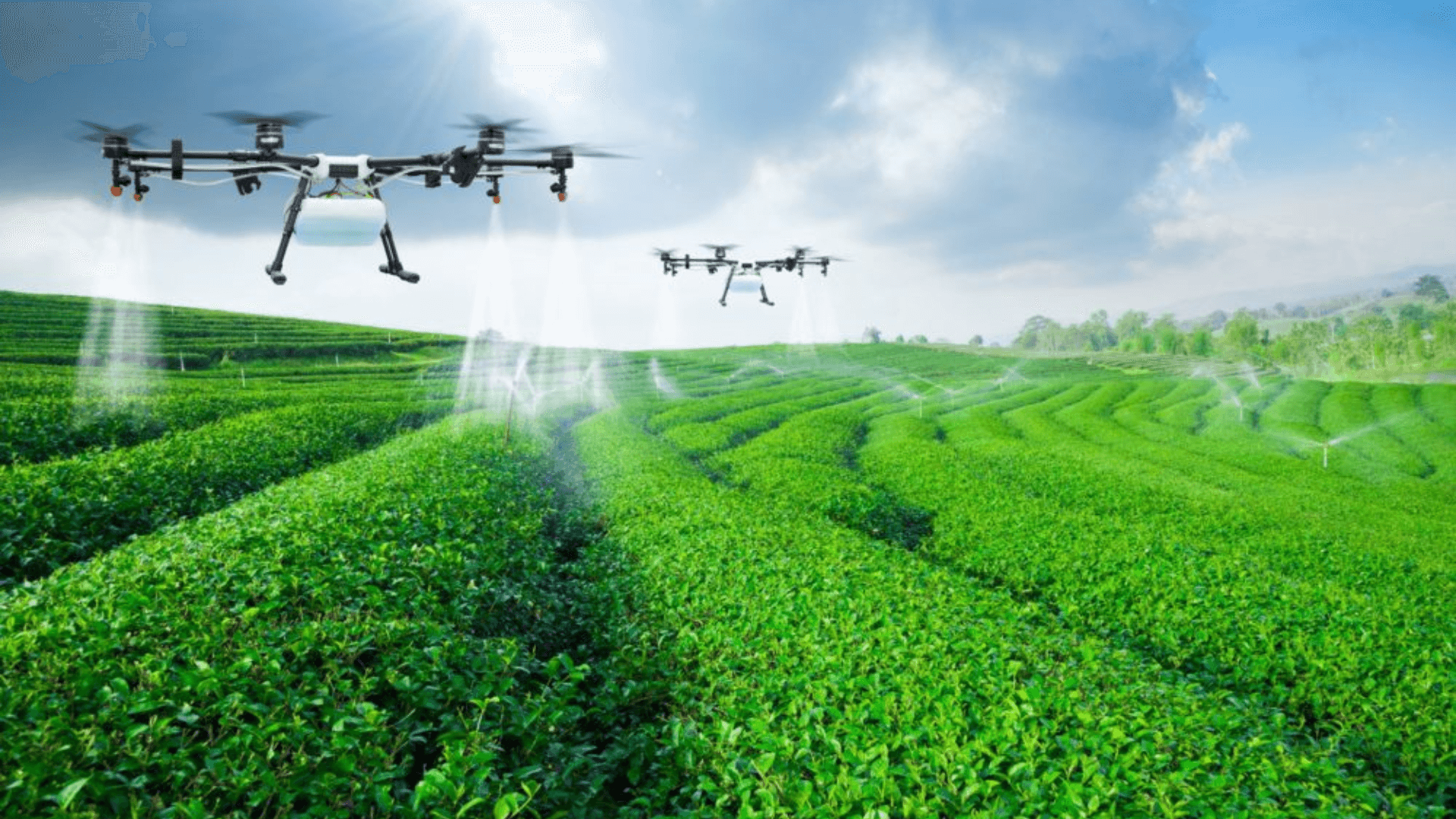In today’s fast-paced world, the agriculture sector is also embracing new technologies to increase productivity and efficiency. One such breakthrough is precision farming. This approach uses advanced technology to fine-tune your farming techniques. Let’s delve into what precision farming is and how you can utilize it for efficient agriculture.
What is Precision Farming?
Precision farming is a farming management concept that uses various technologies like satellites, GPS, and IoT (Internet of Things) devices to optimize field-level management. The goal is to ensure profitability, sustainability, and protection of the environment.
Benefits of Using Precision Farming Techniques
- Increased Productivity: Through real-time monitoring and data analysis, you can understand your farm’s needs better, leading to more efficient practices and increased yields.
- Reduced Costs: Precision farming allows you to apply resources like water, fertilizers, and pesticides only where needed, reducing costs significantly.
- Environmental Benefits: Lower use of resources means less waste and pollution, making precision farming an eco-friendly option.
Essential Technologies in Precision Farming
- GPS (Global Positioning System): GPS helps in mapping the field, planning the fieldwork, and guiding machinery during operations.
- Drones: These are used for aerial surveys, enabling you to see large portions of your field in real-time.
- Soil Sensors: These sensors provide real-time data about soil conditions, helping you make quick decisions about irrigation and fertilization.

Implementing Precision Farming Techniques
- Start Small: You don’t have to invest in every available technology immediately. Starting with one or two can still make a significant difference.
- Training: Understand how to use the technology. Many companies provide training sessions for their products.
- Data Interpretation: The technology will give you raw data. Learning how to interpret this data correctly will guide your decision-making process.
Challenges and Solutions in Precision Farming
- Initial Costs: Yes, the initial investment can be high, but the long-term benefits will outweigh the initial costs.
- Technical Knowledge: The technology requires a certain level of understanding, but most companies offer sufficient training.
- Network Issues: Some rural areas may face network issues. Using offline functionalities and periodic syncing can solve this problem.
Conclusion
Precision farming is not the future; it’s the present. Adopting these techniques can significantly benefit your agricultural operations. Whether it’s through reduced costs, increased yields, or environmental benefits, precision farming techniques offer a robust solution for modern-day agriculture challenges.
See Also


Leave a Reply